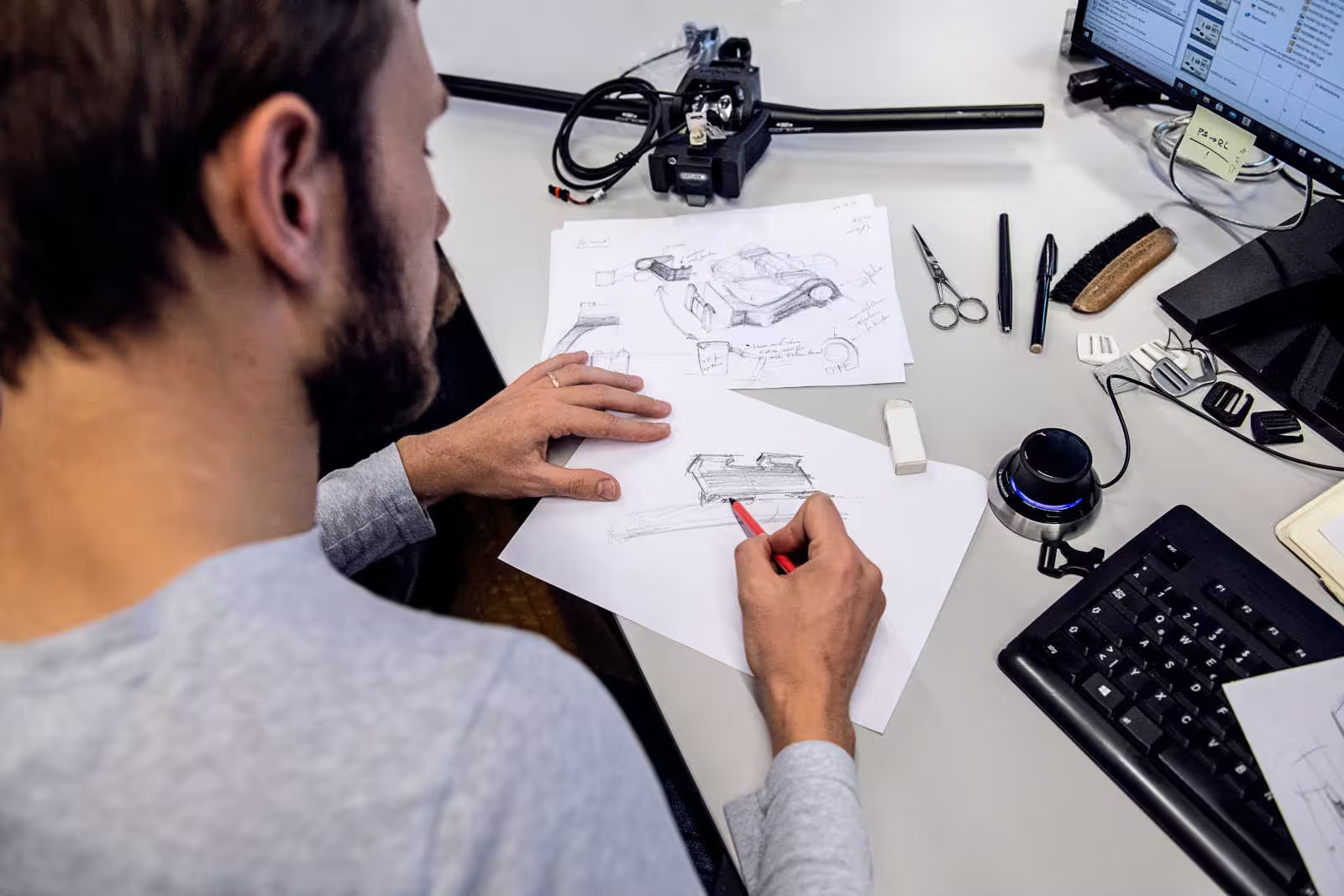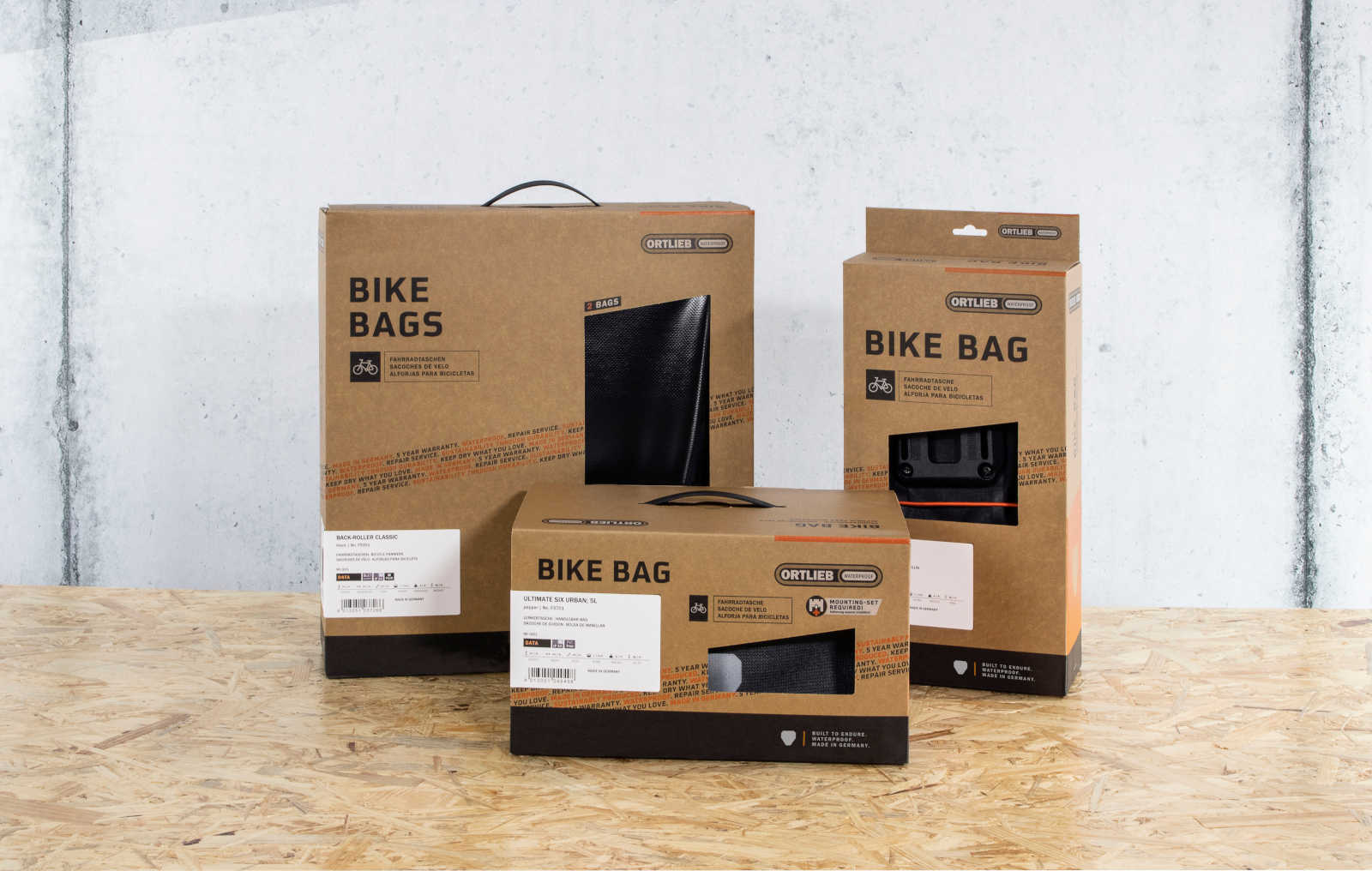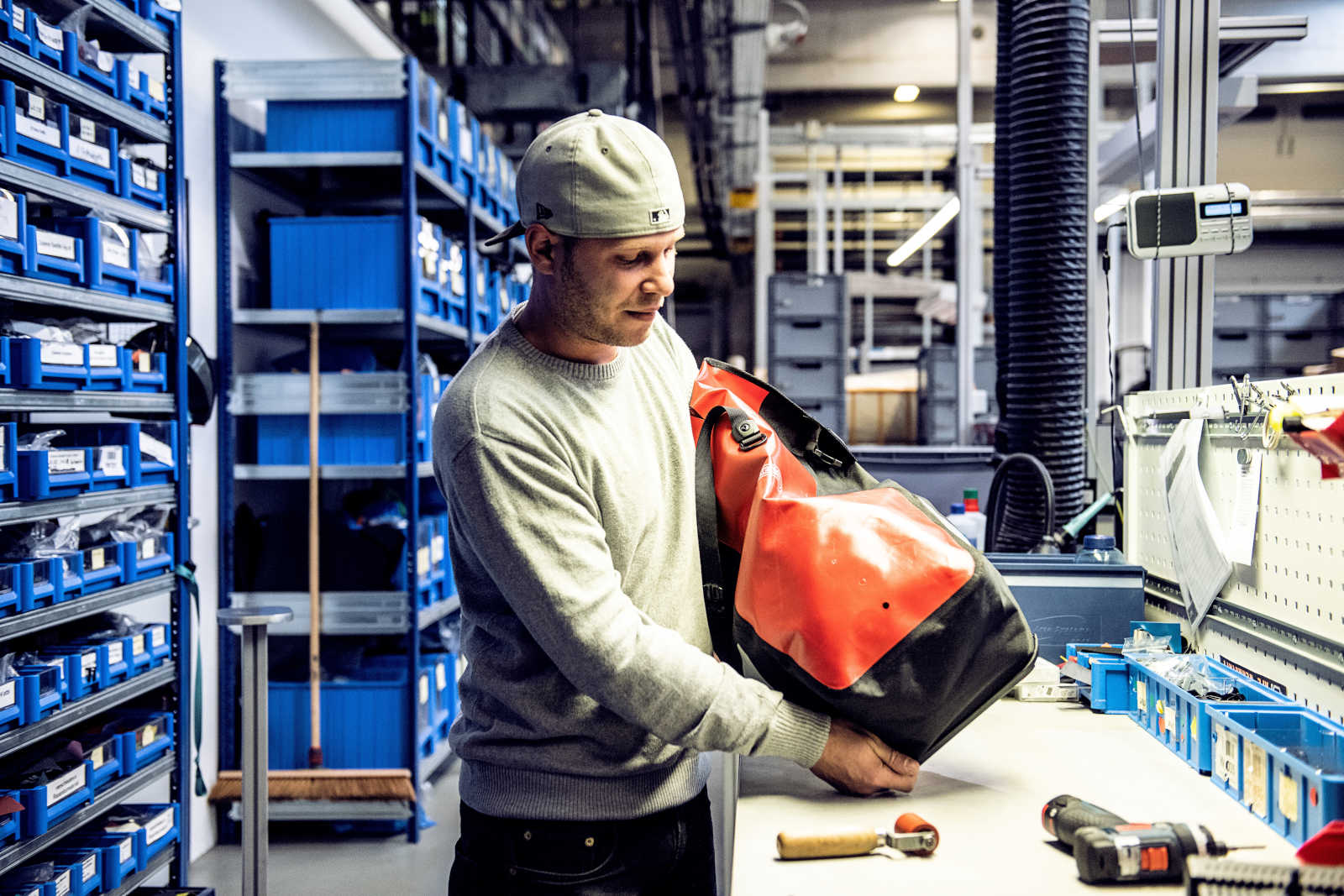In the cycling industry, sustainability is often touted by companies, but for Ortlieb, it has been integral since its inception. Known for its high-quality waterproof bags and storage solutions, Ortlieb has offered a range of durable products since its establishment in April 1982 in Nuremberg, starting as a one-man operation and growing into a medium-sized company with over 300 employees.
Peter Wöstmann of Ortlieb emphasizes the company’s commitment to its origins. “Ortlieb stands for innovation, waterproof, durable products made in Germany, with a strong focus on repair services,” he says. This philosophy has been in place for over 40 years, and the company has always been owner-managed and independent.
Authentic sustainability
Ortlieb’s commitment to authentic sustainability sets it apart from competitors. “It’s about having a real impact and doing our part to mitigate climate change,” Wöstmann adds. The company handles 18,000 repairs annually, trains global partners, and expands its network of local service dealers. They provide a five-year guarantee on products and stock spare parts for at least 10 years. Ortlieb also calculates the Product Carbon Footprint (PCF) based on its own data and integrates these values into its ERP system for real-time monitoring. Their focus is on avoiding emissions rather than simply offsetting them.
“The UN Sustainable Development Goals guide our actions, particularly regarding affordable energy and sustainable consumption,” Wöstmann explains. Maintaining production in Germany is crucial for Ortlieb, as they prioritize local sourcing and high environmental standards. “Ninety per cent of our processes are in-house, which allows us to optimize our operations and minimize emissions.”
Durability and repairability
Ortlieb is committed to using durable materials and employing high-frequency welding for waterproofing, ensuring the longevity of their products. All components are replaceable or repairable, and they promote sustainability through their spare parts availability and repair services.
Future goals
Looking ahead, Ortlieb has set ambitious sustainability goals: to increase self-produced renewable electricity to 100 per cent by the end of 2025, achieve energy self-sufficiency by 2030, transparently communicate the CO2e footprint of all products by 2023, and promote sustainable materials while expanding a circular economy model. They have already achieved the initial step of calculating…
Click Here to Read the Full Original Article at Canadian Cycling Magazine…



